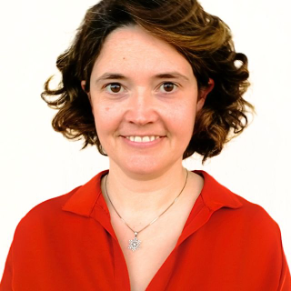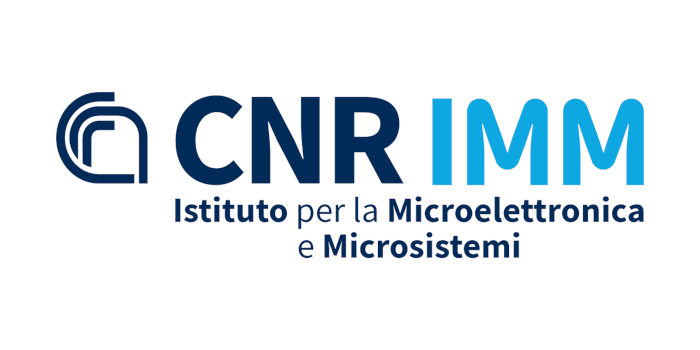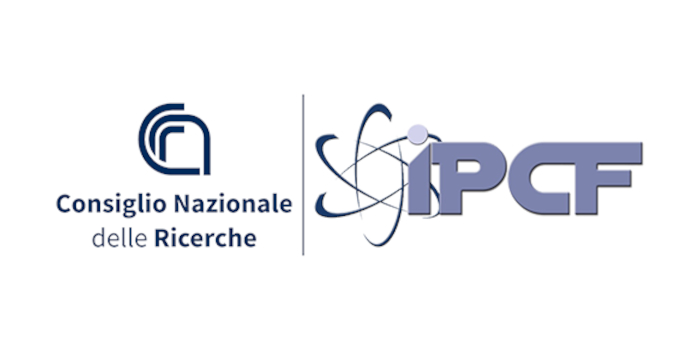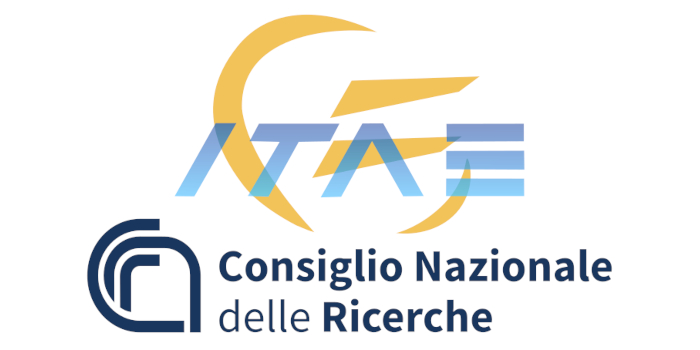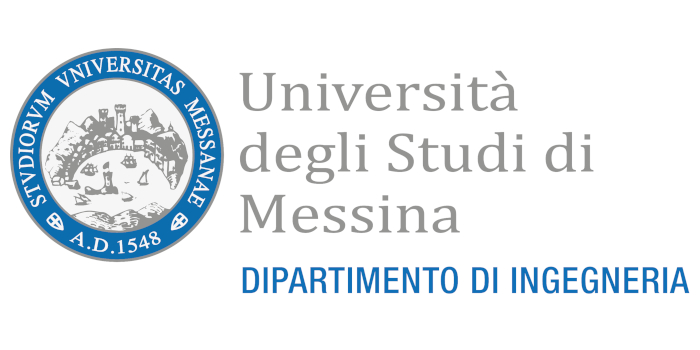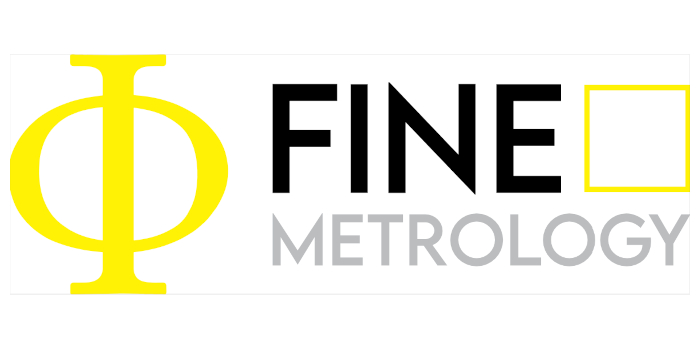KEYNOTE
Machine Learning: Enabler of Sustainable Technologies or Potential Burden on Sustainability?
Donatella Puglisi
Division of Sensor and Actuator Systems, Department of Physics, Chemistry and Biology, Linköping University, Linköping, Sweden
ABSTRACT
Machine learning (ML) is rapidly transforming scientific research, technological innovation, industrial processes, and society, offering transformative capabilities in diverse domains such as environmental monitoring and sensing, renewable energy optimization, green chemistry, and smart infrastructure. Yet, this widespread adoption raises critical concerns regarding its ecological footprint. Training complex models – especially deep learning architectures – demands significant computational resources, leading to high energy consumption and considerable carbon emissions. Furthermore, the large-scale deployment of ML in consumer electronics, edge computing, and IoT systems increases reliance on advanced semiconductors and rare-earth materials, exacerbating supply chain pressures and electronic waste. Addressing these issues requires a dual focus: improving computational efficiency and establishing standardized sustainability metrics for ML-based systems.
Here, we present a mature integration of ML with gas sensor technologies in electronic nose (e-nose) systems, as a model for both innovation and sustainable applications. Two case studies highlight ML-enhanced e-nose performance in forensic scenarios and food quality assessment. Our system employs 32 MOS gas sensors across four temperature-controlled banks, acquiring data at 10 Hz over 10 minutes, generating 32×6000 time-voltage matrices per sample. Feature extraction and model training were conducted in MATLAB’s Classification Learner, applying consistent methodologies, including 10-fold cross-validation and 60–85 feature sets per case.
The Optimizable Ensemble model consistently outperformed all others. It achieved 98% accuracy in distinguishing post-mortem from ante-mortem samples, and 96% sensitivity and 95% specificity in identifying meat contamination.
These findings underscore the powerful role ML can play in advancing sustainable technologies. However, without deliberate attention to its environmental costs, ML may become a net burden. This contribution aims to catalyze discussion on responsible ML deployment and offers pathways for its alignment with ecological and sustainability goals.
SPEAKER BIOGRAPHY
Donatella Puglisi, PhD, is an Associate Professor of Applied Physics at Linköping University, Sweden, specializing in interdisciplinary research and innovation projects within applied sciences and engineering. Her primary focus is on developing advanced gas sensing devices and machine learning-enhanced electronic noses for odor detection, particularly targeting volatile organic compounds.
Puglisi has led over 25 collaborative research projects across various fields, such as indoor air quality, environmental monitoring, forensic and cancer diagnostics, food quality assessment, and cultural heritage preservation. She has actively contributed to numerous research projects and networks at local, national, and international levels, serving as an advisory board member, external expert, working group member, and research collaborator. Puglisi has published 67 peer-reviewed papers and two book chapters, and has presented her research at over 100 conferences and workshops. She has served in leadership roles in organizing committees, technical and international program committees, advisory boards, and as a session chair, invited, keynote, and plenary speaker. Her teaching experience includes courses in measurement technology and sustainable development. Her professional interests extend to technology transfer, fostering collaborations with industry, research centers, government agencies, and civil society.
Puglisi is a member of the EUROSENSORS International Steering Committee and co-founder and board member of NORNDiP, the Nordic Network for Diversity in Physics, which promotes diversity, inclusion, and female leadership in science. In 2019, she was awarded the Åforsk Entreprenörstipendium, recognizing her as one of Sweden’s top 10 innovative entrepreneurs of the year.


